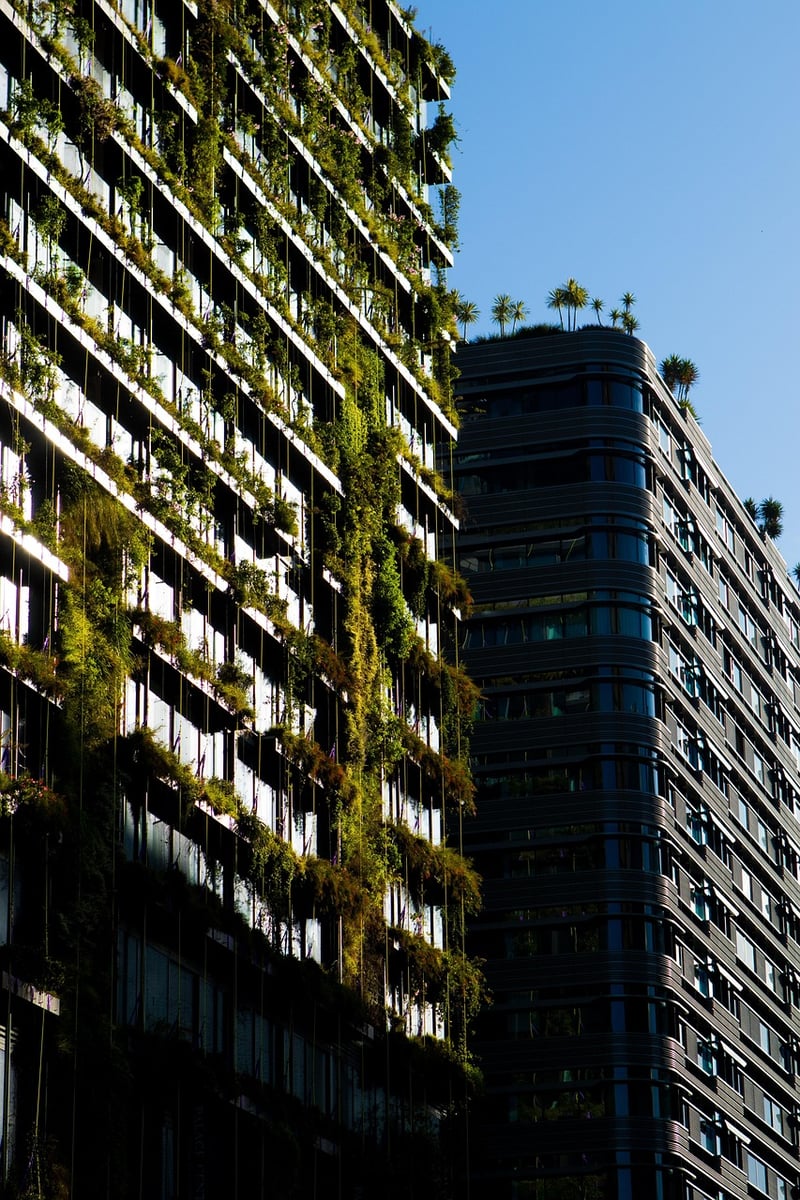Soil Health
Keeping Your Vertical Garden Thriving: Soil Health Tips
Vertical gardens are a great way to add greenery to small spaces, but to keep them thriving, you need to pay attention to the health of the soil. Here are some essential tips to ensure your vertical garden stays lush and vibrant.
Choose the Right Soil
When setting up your vertical garden, make sure to use high-quality soil that is well-draining and nutrient-rich. A good potting mix specifically designed for vertical gardens can help provide the right balance of aeration and moisture retention.
Monitor Moisture Levels
Vertical gardens can dry out quickly, especially in hot weather. Regularly check the moisture levels in the soil and water accordingly. Consider installing a drip irrigation system to ensure consistent hydration for your plants.
Fertilize Regularly
Plants in vertical gardens may need more frequent fertilization due to limited soil volume. Use a balanced fertilizer to provide essential nutrients for healthy growth. Be mindful not to over-fertilize, as this can harm your plants.
Prune and Maintain
Regularly prune your plants to encourage new growth and prevent overcrowding. Remove any dead or yellowing leaves to maintain the overall health of your vertical garden. Inspect your plants for pests and diseases, and take action promptly if needed.
Rotate Your Plants
Help your plants receive adequate sunlight by rotating them regularly. This can prevent uneven growth and ensure all parts of your vertical garden get the light they need to thrive.
Conclusion
By following these soil health tips, you can keep your vertical garden looking its best year-round. Remember to choose the right soil, monitor moisture levels, fertilize appropriately, maintain your plants, and rotate them for optimal growth. With proper care, your vertical garden will continue to enhance your space with beauty and greenery.

Image Source: Pixabay
